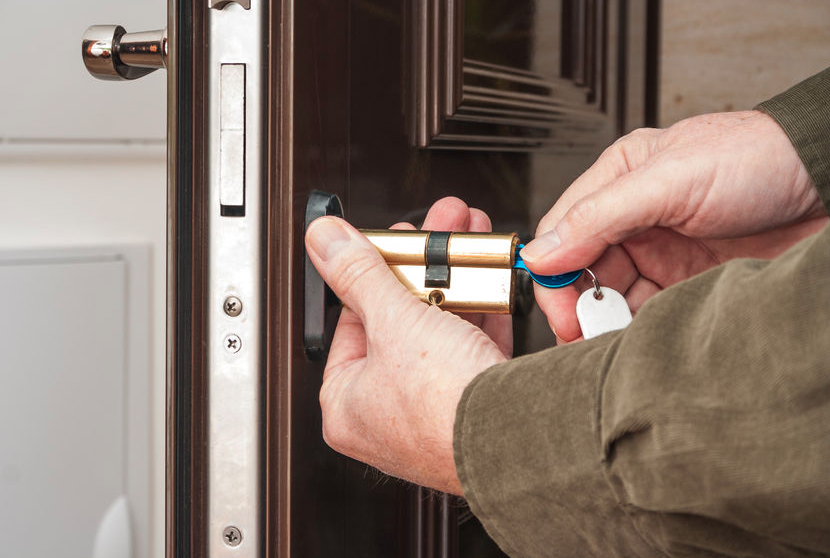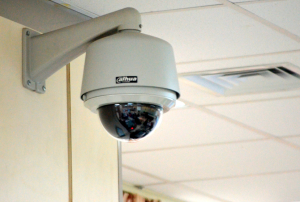How to Avoid Locksmith Fraud
Often when you need a locksmith, it’s because you’re in the difficult situation of having locked your keys in the car, or you’re locked out of the house. While pulling up listings for locksmiths on your phone can be a quick and convenient way to find help, you may not find the help you want. Fraudulent locksmith scams have been flooding the internet which means you may not be calling a local trained expert. It breaks our hearts to see good people be taken advantage of in their time of need, so consider these following tips on how to avoid locksmith scams. We also encourage you to come visit our physical location and meet the experts at Advanced Lock and Security. That way, the next time you need a locksmith, you’ll know who to expect.
Verify the Physical Location of the Locksmith You Call
Putting up a website or routing a local number through a national call center that may not be local is easy to do, but trusting these things alone can be risky. When you find a locksmith online, take an extra minute to pull up their address on Google maps or something that will show a street view of the address. Fraudulent locksmith operations often put an address up on their website, but if you tried to go there, you may only find an empty field or other business that isn’t a locksmith. Your best bet is to be ready by visiting your local locksmith at their physical place of business and storing their information so you’ll know who you’re calling if you need their service.
Beware of Locksmiths Changing Their Pricing
Since fraudulent locksmith scams have become so popular, they may seem professional on the phone and provide what sounds like a reasonable quote. Ask the person you speak with on the phone about any additional charges that may apply like mileage or after hours’ fees. If they answer the phone generically, that is they don’t specifically say the name of the locksmith business you think you’re calling, this is a red flag. Locksmith scam call centers aren’t necessarily local and they often operate for these scams throughout the nation so they answer the phone with a simple ‘Locksmith’ or equally generic greeting. When the service provider arrives, make sure you get the quote in writing up front. This quote should be similar to what you were told on the phone. Also, if the person demands to be paid only in cash, this is another red flag. A legitimate business should provide for a range of payment options from credit card to check and possibly more.
If a Locksmith Doesn’t Look Professional, They Probably Aren’t
While some minor damage may be necessary to get past a lock that doesn’t have a key, experts typically don’t need to bother with things like drilling out lock cylinders or prying open doors. One of the first indications that you may not be working with a professional locksmith is that they arrive in something other than a legitimate service vehicle with their business information prominently displayed. You may want to decline the services of a guy who jumps out of a 20-year old Honda Accord wearing street clothes and carrying a drill.


